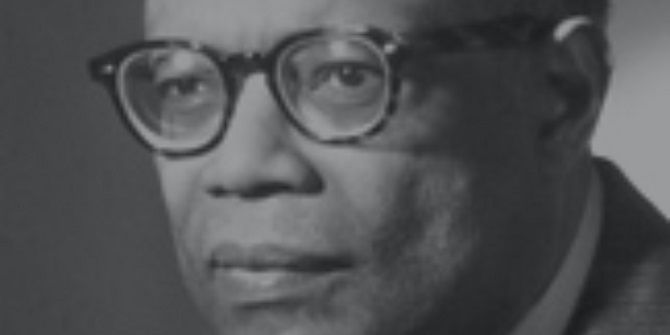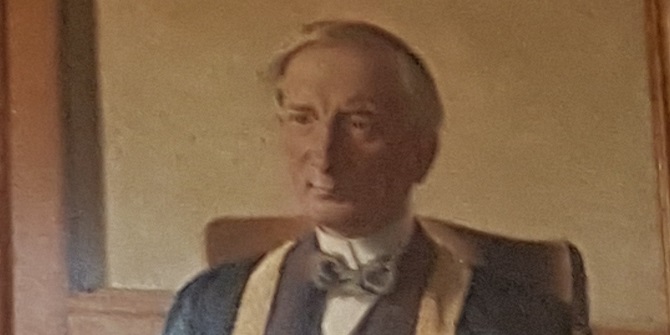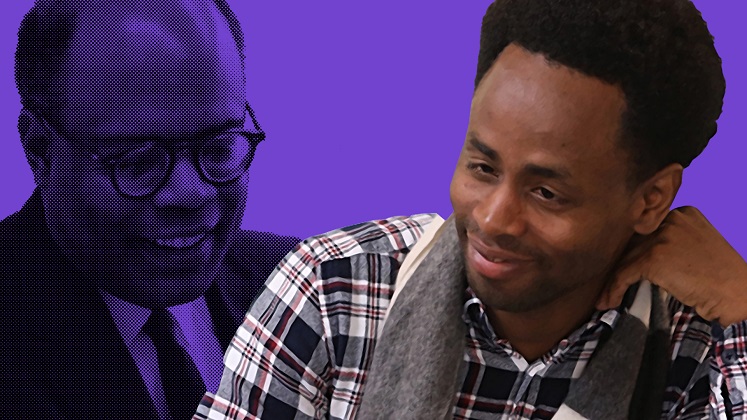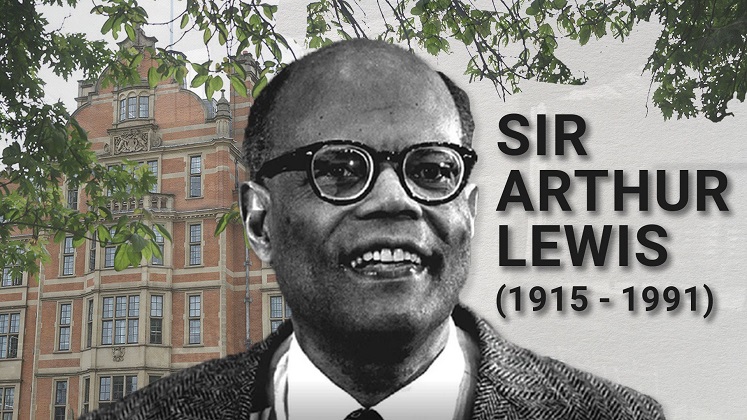In the academic year 1956/1957 LSE decided to create a body of Honorary Fellows to recognise students and other close associates who had played a significant role in the life of the School. The first fellows were selected in 1958. Sue Donnelly takes a look at the first cohort of Honorary Fellows.
Lord Attlee (1883-1967)
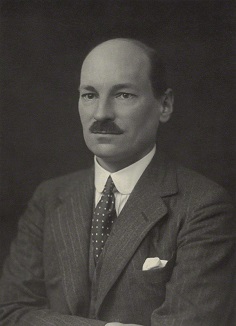
Clement Attlee taught at LSE from 1912-1923 playing a key role in the launch of social work and social administration as serious academic subjects. In 1945 he became Britain’s Prime Minister with a mandate to implement the Beveridge Report.
William Beveridge, Lord Beveridge (1879-1963)
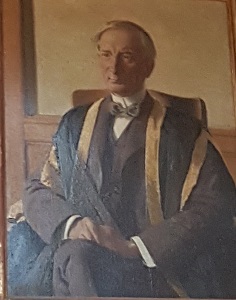
William Beveridge was Director of LSE from 1919-1927. During his time as Director he expanded the School’s campus, curriculum and faculty. In 1942 he published the Beveridge Report shaping the development of post war Britain.
Sir Alexander Carr-Saunders (1886-1966)
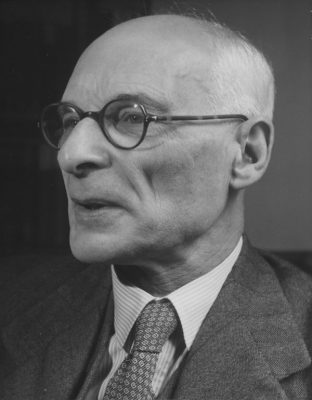
Carr-Saunders was a biologist and demographer who came to LSE from the Charles Booth Chair of Social Science at Liverpool University. He was LSE Director from 1937-1957 and steered LSE through its World War II evacuation to Cambridge.
Sir Stanley Paul Chambers (1904-1981)
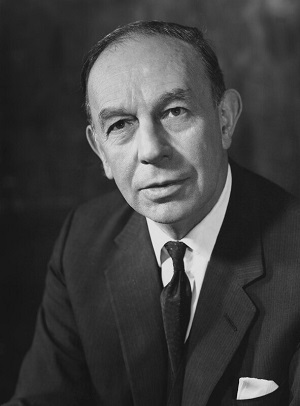
(Stanley) Paul Chambers attended LSE as an evening student gaining a B Commerce in 1928 and MSc (Econ) in 1934. After joining the Inland Revenue tax inspectorate, he worked on an inquiry into Indian income tax and during the war the development of what is now the PAYE income tax system. He later became a Director of ICI and Vice President of the Liverpool School of Tropical Medicine (1969–74), the first treasurer of the Open University (1969–75), and pro-chancellor of the University of Kent (1972–8).
Wilfred Frank Crick (1900- c 1970)
Wilfred Crick gained a B Commerce in 1923, winning the Sir Ernest Cassel Travelling Scholarship in 1921. He became intelligence manager of the Midland Bank and authored several books on banking and finance. From 1960-1970 he was Chair of the governing body of the City of London College – now part of London Metropolitan University.
Honoria Renée Minturn Croome (1908-1960)
Born in Kent, Honoria Croome (née Scott) attended Bryn Mawr College, the Sorbonne and LSE where she gained a first-class B c (Economics). She worked for the New Fabian Research Bureau on Statistics and Planning. She married a fellow LSE student, Lewis Croome. She worked as a journalist and economist contribution to the New Statesman and Nation and the Spectator writing several introductory economics texts and five novels.
William Manning Dacey
It appears that William Manning Dacey was an economic advisor at Lloyds Bank.
Hugh Dalton, Baron Dalton (1887-1962)
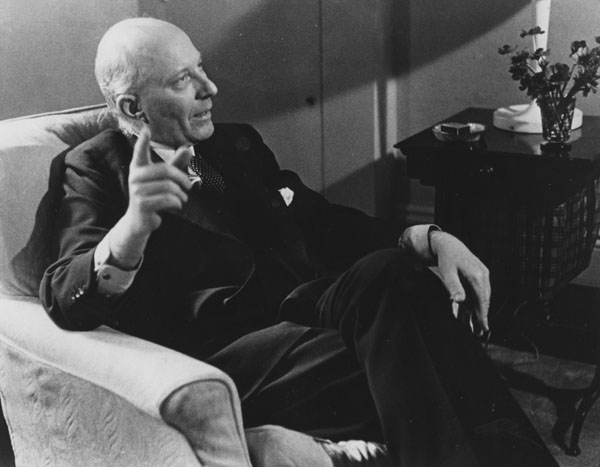
Hugh Dalton studied for a doctorate at LSE with Edwin Cannan, Professor of Political Economy and in 1920 was appointed Sir Ernest Cassel reader in economics. He became an MP in 1929, returning to LSE in 1931 when he lost his seat but was re-elected in 1935. In 1945 he became Chancellor of the Exchequer in the post war Labour government. Hugh Dalton’s diaries covering 1916 – 1960 have been digitised and are available on LSE Library’s digital library.
Sir Theodore Gregory (1890-1970)

Theodore Gregory arrived at LSE to study economics in 1910 and began work on a doctorate in 1913. In 1915 he became an assistant in economics and acting professor of economics and University College, Nottingham. He was appointed the Cassel Reader in Commerce in 1920 and went on to focus on banking and currency issues. He became Sir Ernest Cassel Chair of Banking and Currency in 1926. He departed from LSE in 1937 to become economic advisor to the Indian government.
Aubrey Jones (1911-2003)
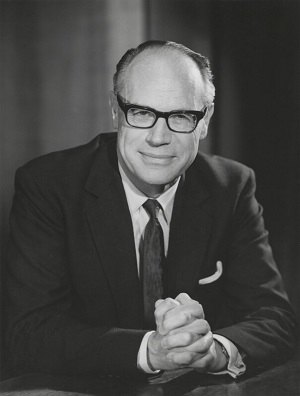
Aubrey Jones was from a mining family in South Wales. He won a scholarship to LSE in the 1930s and after stints at the League of Nations, The Times and the army, became a politician. He was elected Conservative MP for Birmingham Hall Green1950-1965, and served as a minister under Anthony Eden and Harold Macmillan, and as chairman of the national prices and incomes board 1965-1970.
Sir Hersch Lauterpacht (1897-1960)
Hersch Lauterpacht was born near Lwow in Poland and came to the School as a research student in 1923. He gained an LLD in international law in 1925. In 1927 he was appointed as an assistant lecturer. After becoming a reader in the University of London from 1938-1955 he held the Whewell chair of International Law at the University of Cambridge. After the Second World War he was a member of the British War Crimes Executive and attended the Nuremburg war trials. In 1954 he was elected to a judgeship in the International Court of Justice.
William Arthur Lewis (1915-1991)
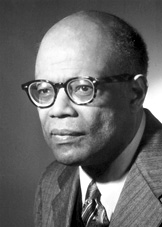
Arthur Lewis arrived at LSE in 1933 to study for a B Commerce degree. He gained a first-class degree in 1938 and was appointed to a temporary assistant lectureship the same year. He was LSE’s first black academic. During the Second World War he worked for the Colonial Office reporting on the financing of mining and industrial development in the British colonies. He left LSE in 1948 when he was appointed a professor of economics at Manchester University. In 1979 he was awarded the Nobel Prize for economics for “pioneering research into economic development research with particular consideration of the problems of developing countries”.
Gaganvihari Lallubhai Mehta (1900-1974)
Gaganvihari Mehta was born in India and studied at LSE. He was a journalist, author and economist. From 1952-1958 he was the Indian ambassador to the United States.
Sir Otto Niemeyer (1883-1971)
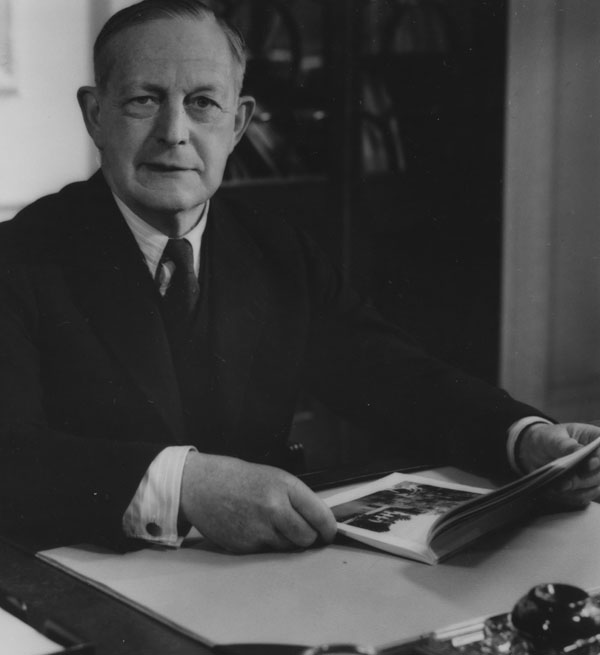
Sir Otto Niemeyer was educated at Balliol College, Oxford and after winning first place in the 1906 civil service examinations (beating the future economist J M Keynes) he joined the Treasury. In 1927 he joined the Bank of England. He became Chairman of the LSE Court of Governors from 1941-1957 and was a Governor until 1965.
Isaac Olshan (1895-1983)
Isaac Olshan started his LSE career studying for the Social Science Certificate in 1924 but went on to take his LLB in 1927. He had emigrated from Lithuania to Israel in 1912. From 1927-1938 he had a private practise in Palestine and after the creation of the state of Israel became on of the original five Supreme Court justices. He was president of the Supreme Court form 1953-1965.
William Piercy, Lord Piercy (1886-1966)
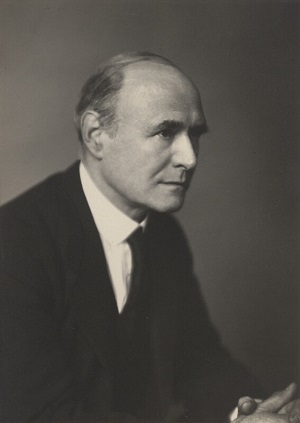
William Piercy studied at LSE from 1910-1913 and became a lecturer in history and public administration at the School in 1914. From 1914 to 1918, he worked as a civil servant, later becoming principal assistant secretary in the Ministry of Supply and Ministry of Aircraft Production, and personal assistant to Clement Attlee when he was the deputy prime minister.
Piercy was also very involved in the world of finance and business. He played a leading role in organising the first unit trusts, was a member of the London Stock Exchange 1934-1942, and headed the British Petroleum Mission in Washington during World War Two. In 1945, he became the first chairman of the Industrial and Commercial Finance Corporation Ltd. He was also chairman of the Estate Duties Investment Trust, 1952-1966, and was appointed to the court of the Bank of England in 1946, 1950 and 1956. Piercy also served as a governor of LSE and a member of the senate and court of London University, was president of the Royal Statistical Society, 1954-1955, and chairman of the Wellcome Trust, 1960-1965.
Sir Dennis Robertson (1890-1963)
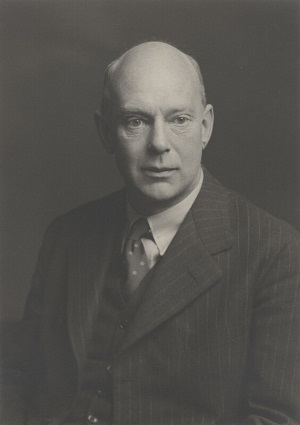
Dennis Robertson read classics and then economics at Cambridge, gaining a first in both, and a fellowship at Trinity College, Cambridge. He spent most of his career in Cambridge but in 1938 was appointed to the Sir Ernest Cassel chair in money and banking at LSE and during the Second World War he was economic advisor to Sir Frederick Phillips, Third Secretary to the Treasury with responsibility of overseas finance. He returned to Cambridge after the war. He was knighted in 1963.
Mary Stocks, Baroness Stocks (1891-1975)
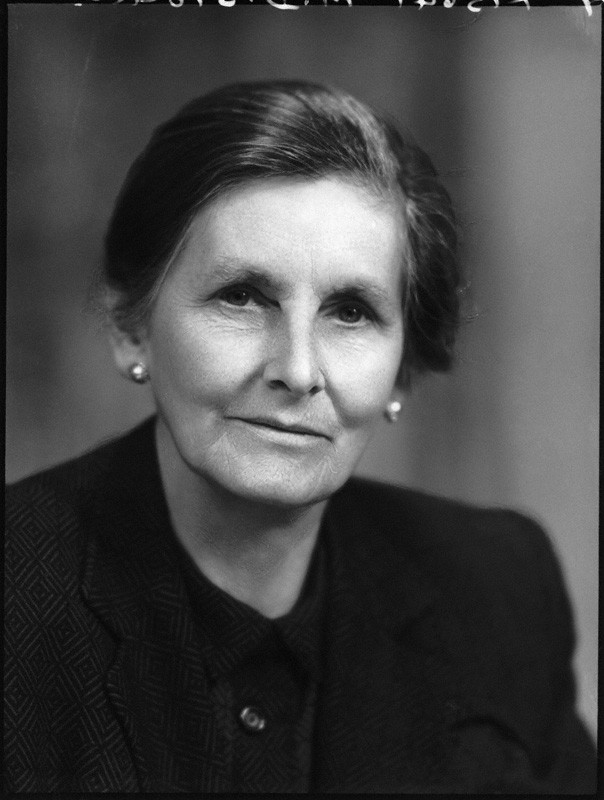
Mary Stocks graduated with a first-class BSc (Economics) in 1913 and during the First World War she taught at the School – in 1918 she was one of 24 women then teaching at LSE. After living in Oxford, Manchester and Liverpool after her husband’s death she became Principal of Westfield College, University of London. She was also active in public life, broadcasting regularly, and served as an LSE Governor.
Georg Tugendhat (1898-1973)
Born in Vienna, Tugendhat came to LSE in 1920 and completed a MSc (Econ) in 1923. In the 1920s he was Acting Financial Advisor to the Austrian Legation in London and London representative of Reichskredit Gesellschaft AG of Berlin between 1930-1933. In 1936 he founded the Manchester Oil Refinery Limited in Trafford Park. Tugendhat was a governor of the School and fellow of the Royal Economic Society.
Jacob Viner (1892-1970)
Jacob Viner was a Canadian economist, studying at McGill University before going to Harvard to work on his PhD. He was a professor at the University of Chicago until 1946 when he moved to Princeton. He was an advisor to the US Treasury during the Roosevelt administration and during World War Two served as a co-rapporteur to the economic and financial group of the Council on Foreign Relations War and Peace Studies project. He made major contributions to the theory of cost and production, international economics, and the history of economics.


